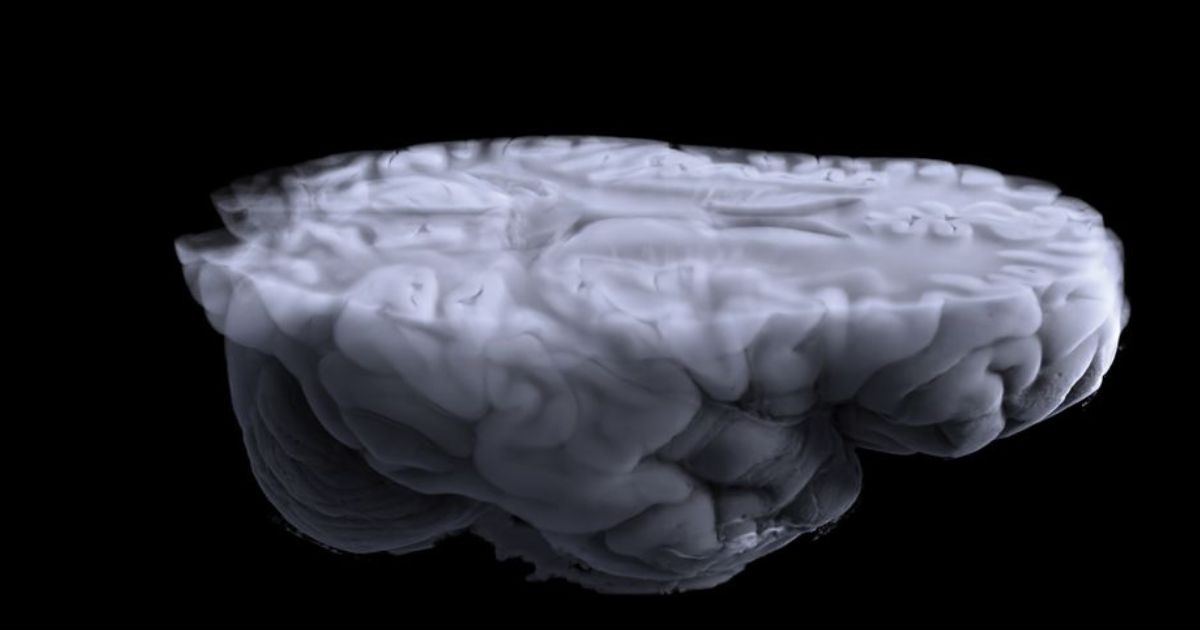In a groundbreaking discovery shedding light on the increase in human brain size, a recent study from the University of California Davis has uncovered a surprising uptick in brain size among individuals born between the 1930s and 1970s. Published in the esteemed journal JAMA Neurology, this research challenges previous notions of brain evolution and offers tantalizing insights into the resilience and adaptability of modern minds.
Unveiling the Brain’s Growth Spurt
Contrary to the belief that the human brain may be shrinking over time, the study led by UC Davis’s Charles DeCarli presents compelling evidence of a 6.6 percent increase in brain volume over recent generations. This remarkable growth, observed through MRI analysis, underscores the dynamic nature of the human brain and its ability to adapt to changing environmental factors.
“The decade someone is born appears to impact brain size and potentially long-term brain health,” explains DeCarli, emphasizing the multifaceted influences shaping brain development. While genetics undoubtedly play a significant role, external factors such as health, social dynamics, cultural shifts, and educational opportunities also contribute to this intriguing phenomenon.
Insights from Longitudinal Data
Drawing from a rich dataset spanning generations, the study leverages decades of community-based research initiated in 1948. By examining MRI scans conducted between 1999 and 2019, DeCarli’s team meticulously analyzed changes in brain structures among participants born from the 1930s to the 1970s. This comprehensive approach offers unprecedented insights into the evolution of the human brain over time.
However, the study’s scope is not without limitations. While it encompasses individuals aged 30 to 62, the average age at the time of MRI analysis was 57, highlighting the need for further research across diverse age groups. Additionally, the dataset’s lack of diversity, particularly in non-white participants, warrants cautious interpretation of the findings in the broader context of the U.S. population.
Increase in Human Brain Size And Implications for Brain Health
The findings reveal a significant increase not only in overall brain volume but also in cortical surface area and specific brain structures such as white matter, gray matter, and the hippocampus.
These enhancements, attributed to improved early-life environmental factors, suggest a positive correlation between brain development and societal advancements in health, education, and culture.
Moreover, the study offers a glimmer of hope in the fight against brain diseases like Alzheimer’s, which afflict millions worldwide. Despite the prevalence of such conditions, the incidence rates have decreased by 20 percent since the 1970s—a trend that DeCarli attributes, in part, to the larger brain size observed in contemporary generations.
A Bright Future for Brain Research
As science continues to unravel the complexities of the human brain, DeCarli’s research underscores the importance of ongoing investigation into brain health and resilience. By understanding the factors driving brain evolution, researchers can pave the way for innovative interventions and preventive strategies to safeguard cognitive function and well-being across the lifespan.
Once again, the human brain proves its capacity to surprise and inspire, offering new avenues for exploration and discovery in the quest to unlock its infinite potential.








Leave a Reply
You must be logged in to post a comment.